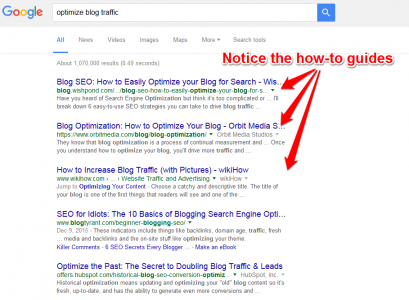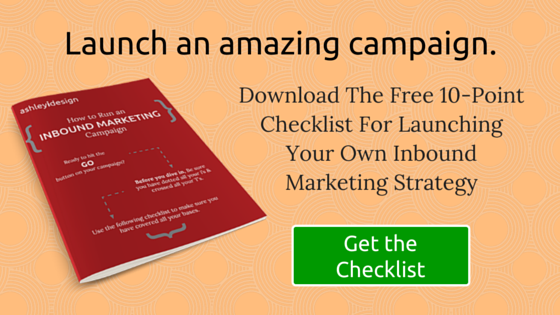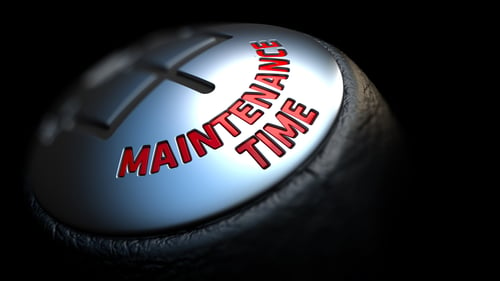 Jim Camp, the world's most feared negotiator once said:
Jim Camp, the world's most feared negotiator once said:
"You're always safe in another person's world."
In other words, so long as you're talking about their problems, goals and concerns, you'll always be on their radar.
Which brings us to the buyer's journey.
It's an important topic to discuss because the success and failure of your content creation rests on whether the audience accepts your message at a particular time in their buying decision.
The buyer's journey is the process each buyer goes through as they actively seek a solution for their problems. And it's our goal as marketers to get step in our customer's shoes and experience their journey as they go through the sales process.
This way, we can anticipate their needs and come up with the best possible content to address their concerns.
The buyer's journey has three different stages:
- Awareness
- Consideration
- Decision
In this article, we're going to discuss the Awareness stage, and, you'll understand the types of content needed by customers in this stage as well as specific questions or terms they use to find a solution.
Types of Content
Let me first clarify that in this stage, customers are looking for general solutions. They're not keen on any particular brand or product yet.
For example, Bob the Blogger is wondering why his articles aren't getting any comments.
What Bob would probably do is search for guides on how to answer his questions. He'll look for content like:
- Analyst reports
- Research reports
- eGuides and eBooks (paid or free)
- Editorial content – An expert’s unbiased view of issues, trends and topics around an industry
- Expert content (how-to guides, video tutorials, free courses)
- White papers
- Educational content
None of these guides should focus on pitching your product or service. Instead, establish a relationship between you and the reader. Build your reputation as a guide, a friend, or a mentor who is ready answer their questions and give real-world tips and advice.
[bctt tweet="Establish a relationship, build your reputation as a guide who is ready answer their questions and give real-world tips and advice." username="ashleyidesign"]
Kinds of questions and search terms
The awareness stage is all about generalities.
And rightfully so.
They're in research mode and have yet to find the main source of their problem.
Let's go back to our example.
Bob the Blogger is at his wit's end. He thinks there’s something wrong with his blog articles and is ready to do whatever it takes to turn his fortune around.
And since he isn't aware of a specific solution, he would probably use his problem as the search term itself, like this:
"Optimize blog traffic"

Instead of this (more specific):
"What is the best blog syndication platform right now?"
Your customers are looking for key terms like:
- Troubleshoot
- Issue
- Resolve
- Risks
- Upgrade
- Improve
- Optimize
- Prevent
That's why it's better to include these terms when crafting a title for content in this stage.
Conclusion
Remember: People aren't ready to buy in the Awareness stage. So, keep your content as general as possible. Help them see alternative solutions to their problems instead of just pitching your product or service.
It's all about gaining trust and building relationships instead of asking customers to cut a check.
We as marketers should treat customers as patients. They don’t know what ails them, so we offer them information that will lead them to the best possible solution; even if it means choosing our competitor.
Once they've completed this stage, they'll be able to point out their main problem and start to find a specific solution – which we'll discuss in the next step: The Consideration Stage.
I empower businesses and marketers to create automated content systems that elevate sales and delight customers. Here’s how it works.




